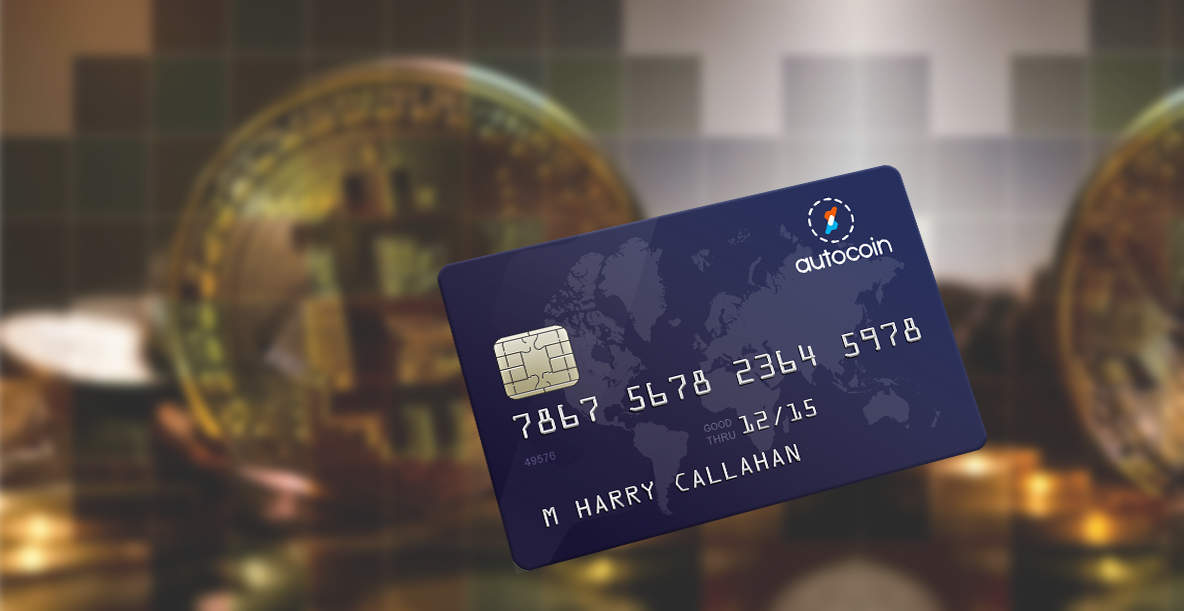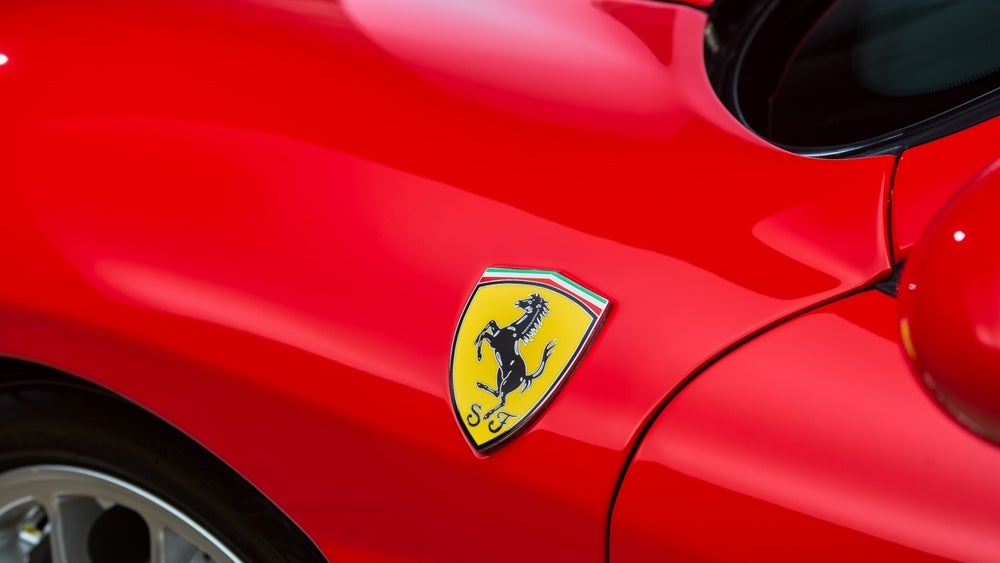
Crypto payments processor The Auto Block has set out plans for a proprietary currency to buy cars, and is looking into using the blockchain for monthly payments in leasing contracts.
The London-based company, which facilitates payments in Bitcoin, Ethereum and Litecoin for car purchases at partner dealerships, will start offering its own currency the AutoCoin (trading symbol: MVP) next month, at an initial price of $0.25 (£0.19) per coin.
It plans a full launch of the AutoCoin payment system, and a listing on cryptocurrency exchanges, by the end of the year, with plans for expansion abroad.
Dealer that start accepting cryptocurrency in lieu of traditional cash can opt to convert the paid amount in sterling and have it deposited in their bank account, which The Auto Block says takes “seconds”.
Current partners include Volvo, Ferrari and Mercedes-Benz franchisees, as well as a number of used sports car retailers, a motorhome dealership, a classic car insurance provider and online portal WeBuyCarsToday.co.uk.
The Auto Block also wants to provide vehicle history data using blockchain technology, in order to break what it says is an oligopoly on such information. Last year, Singapore-based VeChain suggested blockchain could be used to prevent mileage clocking.
How well do you really know your competitors?
Access the most comprehensive Company Profiles on the market, powered by GlobalData. Save hours of research. Gain competitive edge.

Thank you!
Your download email will arrive shortly
Not ready to buy yet? Download a free sample
We are confident about the unique quality of our Company Profiles. However, we want you to make the most beneficial decision for your business, so we offer a free sample that you can download by submitting the below form
By GlobalDataBuying cars with Bitcoin…
David White, chief operating officer of The Auto Block, said the idea for a cryptocurrency designed for car purchases stemmed from conversations with crypto holders who were looking to convert their crypto-capital into physical assets – without having to go through a cash conversion (and the associated fees).
“They are certainly not the typical demographic that people think Bitcoin users are,” White says. “We spoke at the beginning of this year to a lot of UK car dealers … and certainly at the higher level – super cars, classic cars, this sort of things – dealers were experiencing enquiries from people wanting to buy cars with Bitcoin.”
While the high capitalisation of most cryptocurrencies – Bitcoin’s exchange rate has been oscillating around the £5,000 mark over the last month – make them particularly suited to supercars, White points to the Volvo and Audi vehicles in stock at partner dealers as evidence of potential for mass-market cars.
Using crypto to buy cars is not a completely untested idea. Earlier this year, a number of super car retailers in the US made headlines across the pond earlier this year after they started accepting Bitcoin purchases, and in the UK, London’s Stephen James BMW group followed suit this month.
In a slightly different twist on the model, Singapore-based BitCar allows users to buy and trade the platform’s currency (aptly called “CAR”), with each “coin” backed by equity in luxury cars. BitCar has received backing from Ford.
…and leasing cars too?
One of the main concerns White hears about accepting crypto for leasing payments – even from dealers that already allow purchases with crypo – is market price fluctuation: “How do we know we are going to get [the equivalent of] £350 that month? If [the cryptocurrency] has dropped in value, we might only get £320,” they tell him.
As a solution, he proposes dealers set up an automated request for the monthly sterling payment – i.e. the amount on the contract – with Auto Block collecting the equivalent in crypto at current exchange rate for a 1% transaction fee.
To further soothe dealers’ worries, White suggests they keep direct debit as a backup, until they are convinced of the reliability of crypto transactions.
Operational risk?
While all but one of retail partners listed on Auto Coin’s website are Financial Conduct Authority (FCA)-authorised, White says that as a payment facilitator, The Auto Block does not need FCA authorisation itself. He says The Auto Block does have a EU licence allowing it to handle sterling payments from across the world.
He adds that the company is not looking into setting up financing deals of its own – which would require an FCA license – nor providing vehicles directly, though he says there is definitely potential for the latter.
The FCA has not passed blanket regulation for cryptoassets, but has been scrutinising their risks and potentials for consumers. The watchdog is part of a wider taskforce set up by the UK government to examine the need for cryptocurrency regulation.
“I am optimistic about the promise for these developments to improve financial services markets,” Mary Starks, FCA director of competition, said in April. “However, I am not so naïve as to think that there are not perils here as well.
On its website, the FCA says it needs to work on a case-by-case basis when assessing its oversight over an Initial Coin Offering (ICO) like the one The Auto Block is planning for AutoCoin. ICOs are one of the more popular ways to inject a new currency into the crypto ecosystem, akin to a stock exchange float.
Motor Finance asked the FCA if they would be likely to scrutinise the usage of Auto Coin or other cryptocurrencies for monthly leasing payments. The FCA declined to say whether The Auto Block’s specific activities would fall under its oversight, but referred to a December 2017 whitepaper on blockchain technology, which reads that ICO from companies arranging transactions in regulated activity must seek authorisation themselves.






